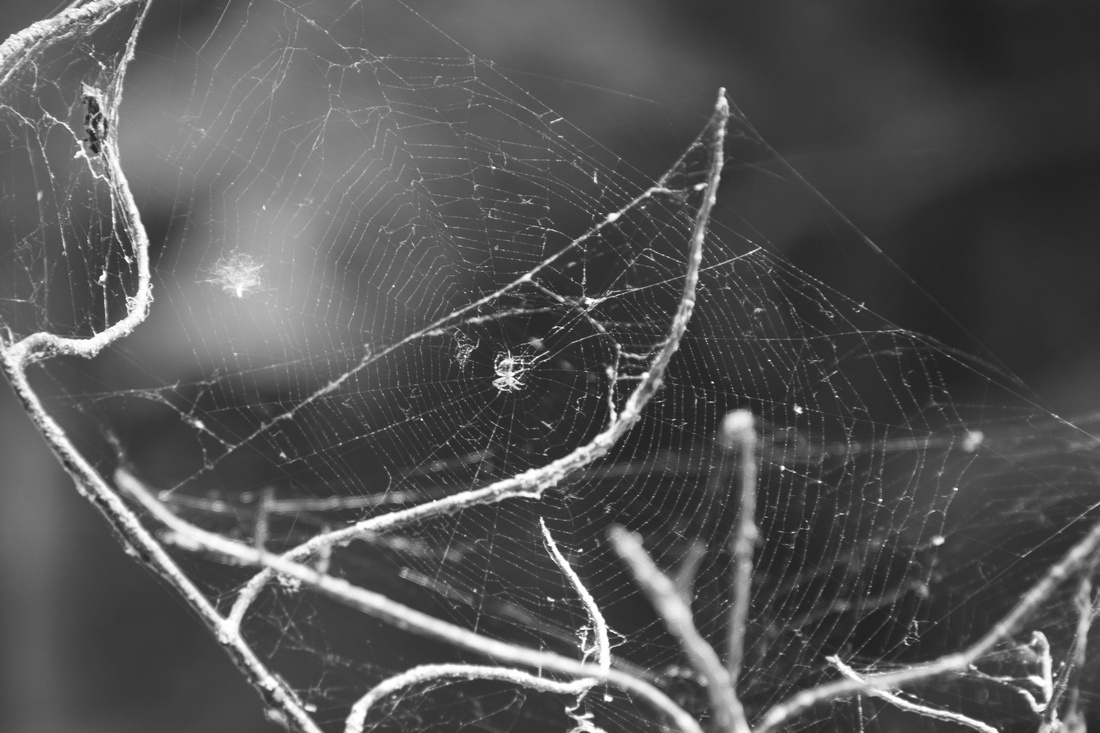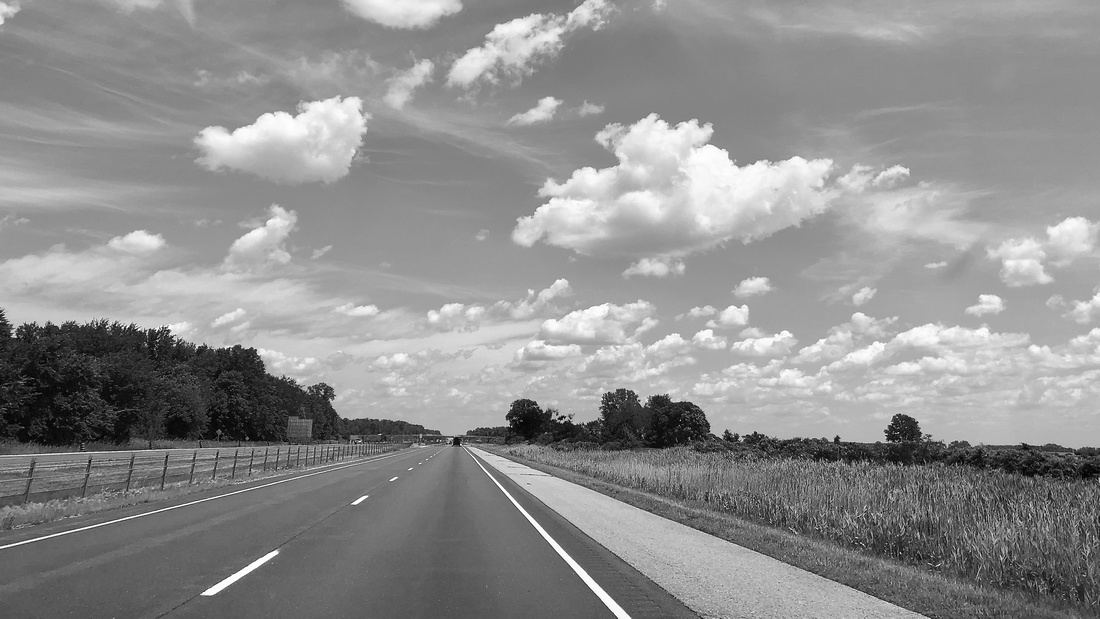Strength and Fragility


Spider webs symbolise both strength and fragility.
Spiders spin their webs with silk that is stronger than both kevlar and steel, but they are fragile because the web is easily destroyed by the elements and predators, a duality symbolic of human life, as I discovered during the past year.
Let no mean hope your souls enslave;
Be independent, generous, brave;
Your Father such example gave,
And such revere;*
So did Mum inscribe the journal she gave me the year Dad died. When Wordsworth wrote “To the Sons of Burns,” it was, essentially, his call-to-arms for Rabbie’s sons, encouraging them to continue their dad's legacy. Such was Mum’s message to me; that I ought to follow Dad’s simple philosophy: Mens sana in corpore sano (A healthy mind in a healthy body) — placing an equal value on one’s mental and physical soundness. Dad always felt he best-accomplished that goal by spending as much time as possible in nature, exploring and documenting everything that inspired him. And to that end, I’ve done my best, until last summer when my life was curtailed by frequent syncopes.
Unpredictably incessant episodes of fainting meant I could not go out without a minder and instantly, my independence was clipped. It was a hard pill to swallow. It gave me an unwanted glimpse into the life of an elderly senior having, perhaps, been forced to give up driving, being unable to move about without assistance or supervision and feeling beholden to that caregiver. It. Was. Awful. It was also inspiration to find and doggedly pursue a path to full recovery.
So exactly how did, what turns out to be a relatively minor health issue solved with puffers, manifest itself in my day-to-day?
The Physical toll:
Dealing with the multitude of minor and not-so-minor injuries caused by fainting; falling onto floors and sidewalks, into furniture and bathroom fixtures, plus bleeding noses, bruises, aches and pains. All of which conspire to make basic tasks like ablutions, laundry, cooking, etc., frustrating, complicated and at times, just plain difficult.
The Mental toll:
Feelings of resentment and irritation at being dependent on others. The humiliation of needing assistance with the simplest of tasks, and the anger and sense of defeat at having had to ask for that help.
The Social toll:
This was definitely the toughest adjustment for me. I am a tad gregarious (my nearest and dearest are now rolling their eyes at this gross understatement) — always the happiest enjoying the companionship of my friends and family. Since the episodes of syncope began, declining invitations has become the norm. For the first time I was forced to miss our annual FLAP reunion, and I was gutted.
Via convalescere:


The challenging road to convalescence is twofold: First (the simple bit), a medical diagnosis and prescribed treatment. The second and, by far, most difficult part is the ensuing struggle to regain independence. My past year has been devoted to the gradual and arduous slog to re-establish not only my autonomy, but more significantly, my self-confidence when I am alone. No mean feat, I assure you! But worth it — that loss of control was the source of extreme frustration and anxiety! It was also a test of my resilience.
Children are meant to feel loved and secure enough to eventually assert their independence. Perhaps in my case it was predetermined. Despite its Greek origins (words pan “all” and meli “honey” — meaning “all sweetness or honey”), my Nana named Auntie Pam “Pamela” because she thought it was a powerful, independent, and invulnerable name. Auntie Pam was all of those things (but she was also “all sweetness”), and I am named for her, so perhaps I had a leg up on the whole independent thing. Indeed, commencing with my adolescence, my family and friends, actually anyone who’s ever met me, really, would tell you that, I am fiercely independent, a trait born, perhaps, from being an only child.
When the fainting began, I feared my days of independence were behind me, and I like being self-sufficient! I like wandering off, alone, down a trail or along a creek bank or beside a marsh, being able to do exactly what I want, when I want. Without restrictions. To me, independence always meant freedom, and in that moment I realized how much I’d have to sacrifice without it. But, with my Respirologist’s wisdom, compassion and perseverance, I began to see the light at the end of the tunnel.
As anyone who has ever endured a lingering illness will tell you, having a strong and devoted support system is everything. Everything! And I am blessed to have the strongest, most steadfast and loving support from my Cam, who props me up or picks me up, both literally and figuratively, does anything and everything I cannot — always uncomplainingly! He reassures and encourages me, sustaining my often flagging spirit. “Team Perrault” is a constant and palpable entity in our lives. Throughout this ordeal, I’ve needed love, protection and stability and Cam — strong, self-sufficient and oh-so-willing — completely filled those needs.
Little by little, as the frequency of my syncopes has decreased, I’ve begun to feel my innate rebellious sovereignty return which is, of course silly in anybody as old as I am. But what is the use of being a willful and cantankerous old hag if I can't be silly on a whim? I’m now happily anticipating hiking and photography in the solitude that has always been so dear to my heart.
This temporary forfeiture of my autonomy gave me a glimpse into what may happen down the road as I age, so I fully intend fiercely guard, fight for and savour every boomin’ moment of my newly regained independence.
’Til next time, y’all…
Strength and fragility, hey?


*William Wordsworth from his poem “To the Sons of Burns” — page 389 in his anthology Collected Poems of William Wordsworth.